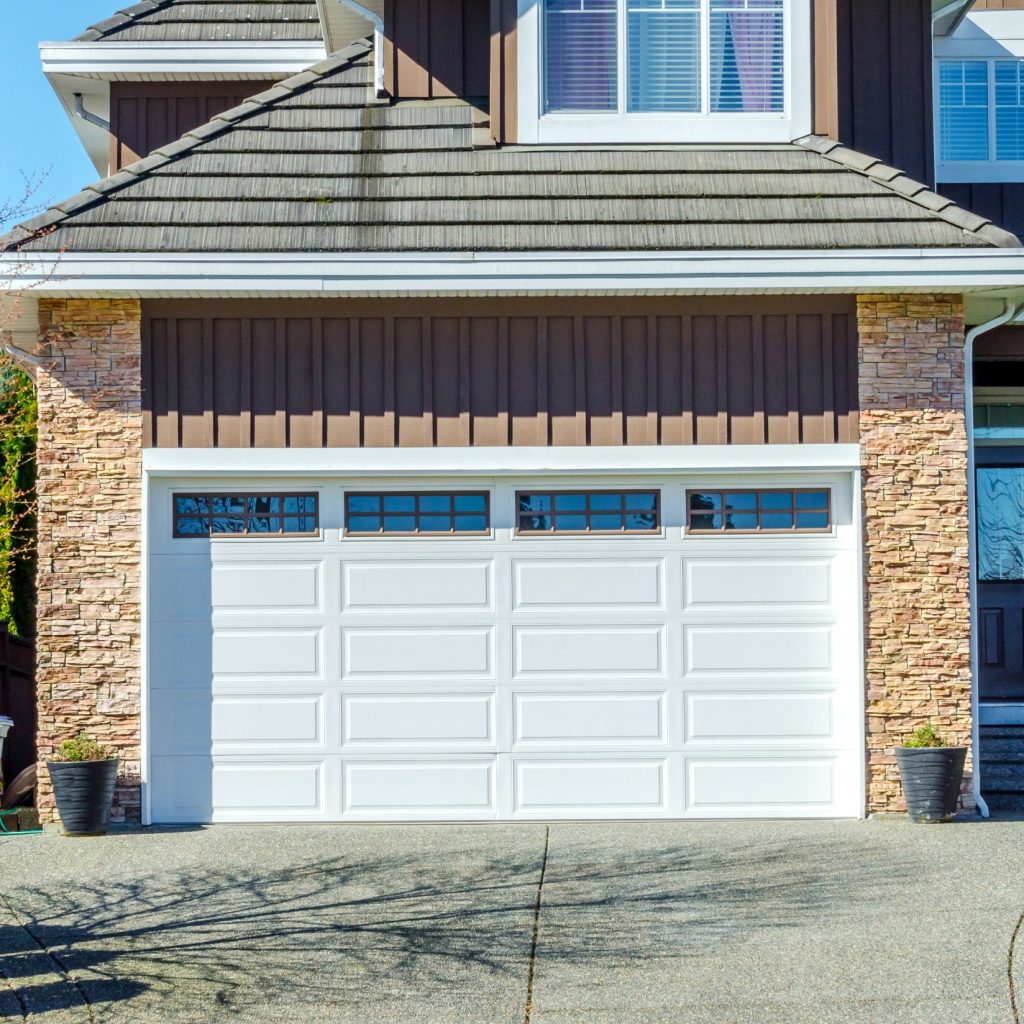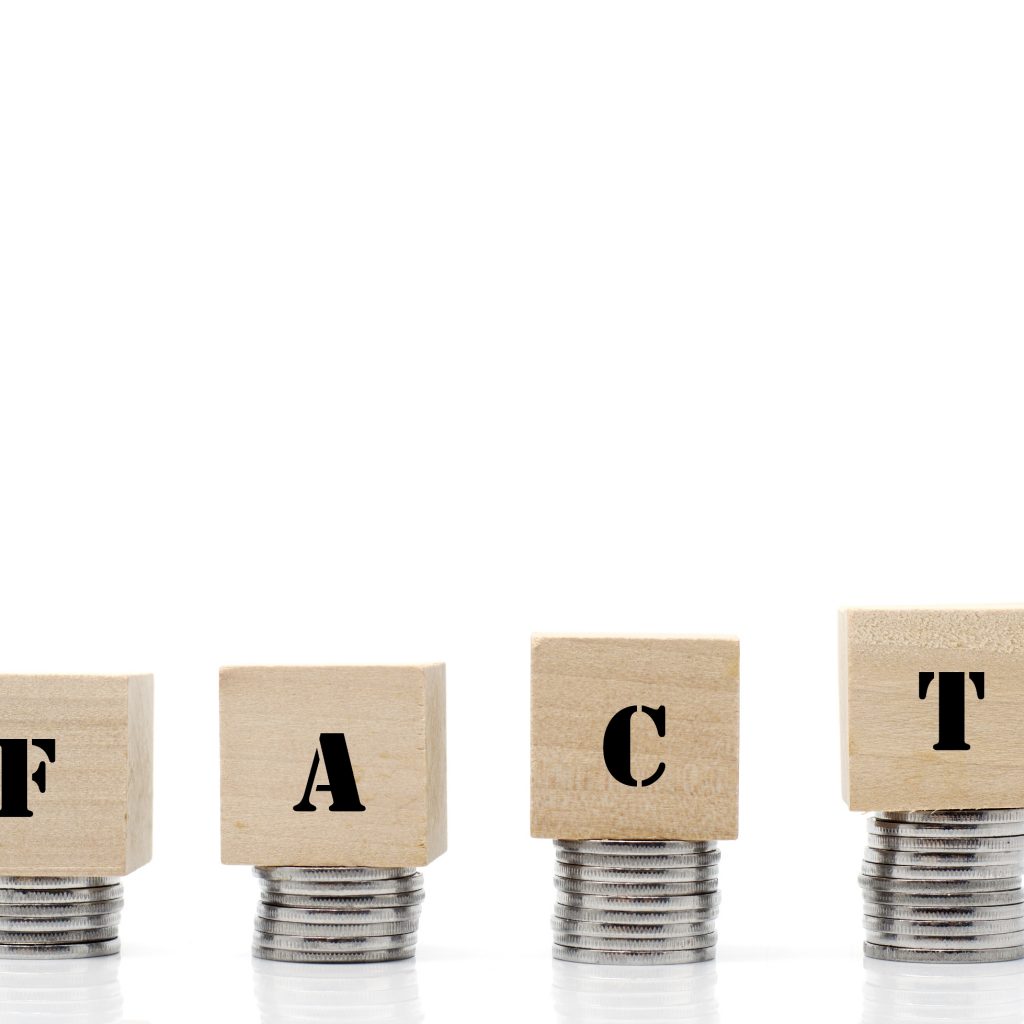
Question: How do you know when to refinance your home loan? If you are looking to slash your monthly mortgage payments and get a lower interest rate, consider refinancing your home loan.
Wall Street is going crazy recently, and many investors in the country are bailing out over Coronavirus. After the US Federal Reserve reduced rates on the back of the anticipated economic impact from the spread of Covid-19, mortgage rates in the country are at record lows. There is no doubt that this is encouraging a wave of refinancing activity, as many Americans look to make the most of the savings that a lower interest rate could bring.
Mortgage rates in the US may fall along with these yields. According to Freddie Mac, the 15-year fixed-rate mortgage plummeted to 2.79%.while the 30-year fixed-rate mortgage averaged 3.29% during the first week of March.
How to Know When to Refinance Your Home Loan
When Refinancing Makes Sense
In most cases, if you can save considerable money on your current mortgage by refinancing your loan, it is sensible to explore this option. However, keep in mind that deciding when to refinance your mortgage depends on many factors besides whether you can secure a better mortgage rate compared to what you already have.
Here are some situations when refinancing makes sense:
Mortgage Rates Are Lower
If you are now eligible for a lower-interest loan, it will likely save you a considerable amount of money over a 15-year or 30-year mortgage. Keep in mind that refinancing your loan may make more sense than simply making extra payments at your existing interest rate.
Here is one common question. How much should interest rates fall before I consider refinancing? In most cases, the rule of thumb says refinancing your mortgage is ideal if your rate is 1 to 2 percent below your current mortgage rate.
If you are considering refinancing now, you should look at the difference, also called the spread, between the rate in the market and your current rate. Then you should look at costs, as a mortgage refinancing means payment of significant closing costs—such as title insurance and a home appraisal—which may amount to a couple of thousand dollars. It may make sense to refinance your mortgage if the potential saving from a lower-rate loan makes up for those costs.
You Have an ARM (Adjustable Rate Mortgage)
An ARM has adjustable interest rates. In these cases, you may start with the first couple of years at a fixed rate. However, after that, the interest rate can adjust depending on several factors. These factors are the mortgage market and the LIBOR market index.
If you have an adjustable-rate mortgage, you can check how often your interest rate adjusts. It is worth noting that most do so once every 6 or 12 months, and in this case, you may want to refinance to a fixed-rate from an ARM in order to lock into low rates. It is better and financially prudent to avoid the risk of your monthly payments going up when the interest rate adjusts.
(READ: What is FHA Short Refinance Program and How Does it Work?)
Final Thoughts
Ultimately, your specific situation will dictate whether you should refinance your current mortgage. Saving some money on your mortgage will help you build wealth, and everyone loves doing that!


